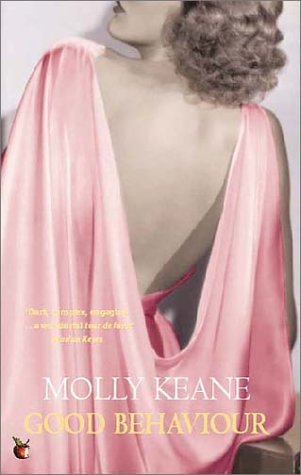What do you think?
Rate this book


245 pages, Paperback
First published April 12, 1981
She must have noticed my bosoms, swinging like jelly bags, bouncing from side to side; without words she conveyed the impression of what she had seen as unseemly- the Fat Lady in the peepshow.
Now the title extinct and estates entirely dissipated, Temple Alice, after several generations as a dower house (a house intended as the residence of a widow), came to Mummie when her mother died. Papa farmed the miserably few hundred acres that remained of the property.
She simply did not want to know what was going on in the nursery. She had had us and she longed to forget the horror of it once and for all. She didn’t really like children; she didn’t like dogs either, and she had no enjoyment of food, for she ate almost nothing.
We adored Papa, and his hopeless disapproval paralysed any scrap of confidence or pleasure we had ever had in ourselves or our ponies.
In those days one did not quite admit the possibility of cowardice, even in young children. The tough were the ones who mattered; their courage was fitting and credible. A cowardly child was a hidden sore, and a child driven to admit hatred of his pony was something of a leper in our society. It appeared to Papa that Mrs Brock has rescued our honour and his credit.
Here, to my delight , Hubert and Richard danced with me in turn. I almost preferred dancing with Hubert because I loved showing off to Richard…I was fulfilled by them. I felt complete. There was no more to ask.